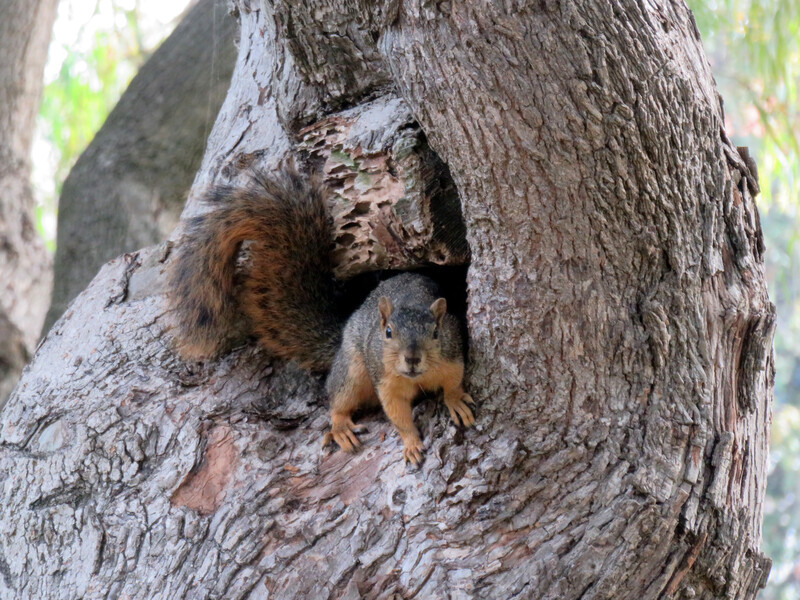Instagram is now requiring you to sign in to view public profiles. You can still look at (for example), my Instagram profile, but once you scroll down a few pages, it pops up a login form and you’re stuck.
A spokesperson said, “This is to help people see photos on Instagram and then understand how to get the best Instagram experience by being part of the community, connecting and interacting with the people and things they love”
Oh, please.
This isn’t to help people.
This is to help Instagram.
This is to force people to sign up for Instagram just so they can see users’ photos that they have posted publicly.
Admittedly, Instagram has always kept the web at a bit of a distance. When it launched, they only had an app. Later you could follow a link to a photo on the web, but it was a dead end. Eventually you could actually browse your timeline, search, and look at people’s photo collections on a web browser. (Edit: Though they’ve never let you link out from a photo back to the rest of the web, unless you buy ads.)
And now they’re moving to close themselves off again.
I wrote a few months ago about how I’ve been weighing alternatives. As Facebook exerts more and more control, it becomes less appealing to use. And that’s not even getting into the train wreck of “influencer” culture.
Since then I’ve mostly stopped visiting Instagram, either to view photos or to post them. When I do, it’s frustrating. I’ve been posting more at Pixelfed (lead dev @dansup shared a link to the article at the top) and Mastodon, or just bypassing social networks entirely and going straight to Flickr. You can look at my complete archives on all of those sites, incidentally.
I’m not at the point of deleting my account yet, but I’m thinking it might be time to pull back more actively. Pare down the list of people I’m following, at least, in hopes that it will be a little more welcoming and useful when I do visit. Though I did that with Tumblr and haven’t been back much anyway.
And maybe I should start clearing out my archive. If people are only going to see a dozen or two of my photos, I should at least make sure they’re good ones, right?




